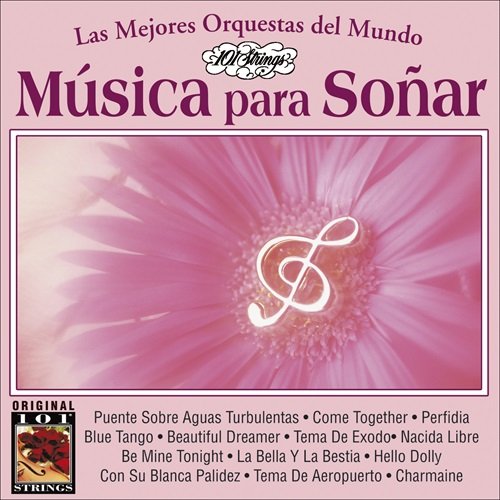Graces & Voices - Historia Sancti Olavi (2016)
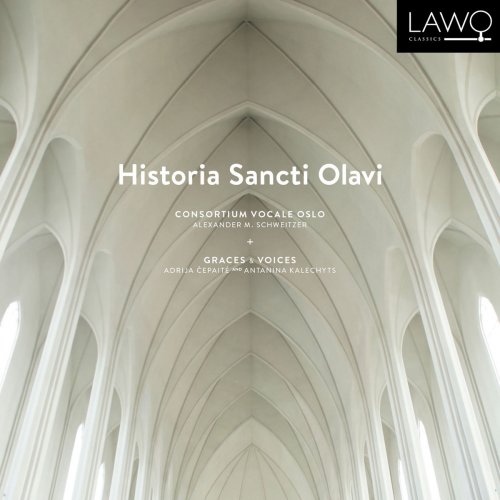
Artist: Graces & Voices
Title: Historia Sancti Olavi
Year Of Release: 2016
Label: Lawo Classics
Genre: Classical
Quality: FLAC (tracks+booklet)
Total Time: 104:36 min
Total Size: 405 MB
WebSite: Album Preview
Title: Historia Sancti Olavi
Year Of Release: 2016
Label: Lawo Classics
Genre: Classical
Quality: FLAC (tracks+booklet)
Total Time: 104:36 min
Total Size: 405 MB
WebSite: Album Preview
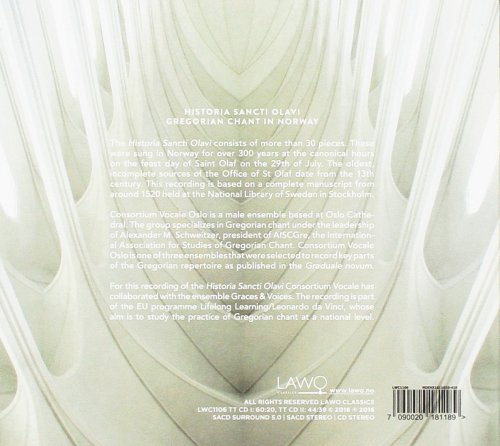
Tracklist:
CD1:
01. Ad primas vesperas: Antiphona: Sancte martyr domini Olaue
02. Ad primas vesperas: Antiphona: Sancte martyr Olaue, tua deo
03. Ad primas vesperas: Antiphona: Sancte martyr Olaue, te humiliter
04. Ad primas vesperas: Antiphona: Sancte Olaue, martyr domini preciose
05. Ad primas vesperas: Antiphona: O beate pater Olaue
06. Ad primas vesperas: Antiphona ad Magnificat: Adest dies leticie
07. Ad matutinas: In primo nocturno: Antiphona ad Invitatorium: Magnus dominus et laudabilis valde
08. Ad matutinas: In primo nocturno: Antiphona: Regnante illustrissimo rege Olauo
09. Ad matutinas: In primo nocturno: Antiphona: Rex autem ille licet gentilis
10. Ad matutinas: In primo nocturno: Antiphona: Hic ewangelice veritatis
11. Ad matutinas: In primo nocturno: Lectio 1
12. Ad matutinas: In primo nocturno: Responsorium: In regali fastigio constitutus
13. Ad matutinas: In primo nocturno: Lectio 2
14. Ad matutinas: In primo nocturno: Responsorium: O quantus fidei feruvor
15. Ad matutinas: In primo nocturno: Lectio 3
16. Ad matutinas: In primo nocturno: Responsorium: Iustus vero ut leo confidens
17. Ad matutinas: In secundo nocturno: Antiphona: Purificatus igitur lauacro salutari
18. Ad matutinas: In secundo nocturno: Antiphona: Consepultus Christo
19. Ad matutinas: In secundo nocturno: Antiphona: Cauebat vehementer
20. Ad matutinas: In secundo nocturno: Lectio 4
21. Ad matutinas: In secundo nocturno: Responsorium: Itaque deuotissime perficiens
22. Ad matutinas: In secundo nocturno: Lectio 5
23. Ad matutinas: In secundo nocturno: Responsorium: Confluebant ad baptismum
24. Ad matutinas: In secundo nocturno: Lectio 6
25. Ad matutinas: In secundo nocturno: Responsorium: Florebat fides
CD2:
01. Ad matutinas: In tertio nocturno: Antiphona: Nec propria salute contentus
02. Ad matutinas: In tertio nocturno: Antiphona: Nouo rerum ordine
03. Ad matutinas: In tertio nocturno: Antiphona: Predicacionis gracia
04. Ad matutinas: In tertio nocturno: Lectio 7
05. Ad matutinas: In tertio nocturno: Responsorium: Deuenerat martir Xpisti
06. Ad matutinas: In tertio nocturno: Lectio 8
07. Ad matutinas: In tertio nocturno: Responsorium: Egregius martyr Olauus
08. Ad matutinas: In tertio nocturno: Lectio 9
09. Ad matutinas: In tertio nocturno: Responsorium: Rex inclitus Olauus
10. Ad laudes: Antiphona: Post mortem martiris
11. Ad laudes: Antiphona: Implorata ope martyris
12. Ad laudes: Antiphona: Ad sepulchrum sancti pernoctans
13. Ad laudes: Antiphona: Adolescens, qui lingua precisa
14. Ad laudes: Antiphona: Qvidam sacerdos
15. Ad laudes: Antiphona ad Benedictus: Imperator grecus
16. Ad secundas vesperas: Hodie preciosus martir Olauus
On 29 July 1030 at Stiklestad near Nidaros, the modern city of Trondheim in central Norway, the Norwegian king Olaf Haraldsson lost a battle against local supporters of the Danish king Canute the Great (d. 1035) and was killed in action. But if Olaf did not earn military glory on earth that day, his name was destined to be adorned with far more durable fame: sainthood.
Only slightly more than one year after the battle, on 3 August 1031, Olaf’s remains were transferred to the altar of the church of St Clement in Nidaros. Thereby the slain king was officially declared a saint, a martyr. Subsequently, Olaf became the patron saint of the bishopric and of all Norway – until today.
From the installation of the cult of Olaf in 1031 onwards, the clergy of Nidaros had to perform texts and chants as a regular part of the feast of Olaf on 29 July. This included the celebration of Holy Mass and a cycle of canonical hours, also called “Divine Office” (or short “office”).
On an important feast such as that of St Olaf, this cycle included First Vespers (on the evening before the feast), Matins (during the night), Lauds (in the early morning hours), Second Vespers and additional minor hours on the feast day. All of these hours relied heavily upon music: the recitation of psalms and lessons and the performance of hymns, antiphons, and responsories
Only slightly more than one year after the battle, on 3 August 1031, Olaf’s remains were transferred to the altar of the church of St Clement in Nidaros. Thereby the slain king was officially declared a saint, a martyr. Subsequently, Olaf became the patron saint of the bishopric and of all Norway – until today.
From the installation of the cult of Olaf in 1031 onwards, the clergy of Nidaros had to perform texts and chants as a regular part of the feast of Olaf on 29 July. This included the celebration of Holy Mass and a cycle of canonical hours, also called “Divine Office” (or short “office”).
On an important feast such as that of St Olaf, this cycle included First Vespers (on the evening before the feast), Matins (during the night), Lauds (in the early morning hours), Second Vespers and additional minor hours on the feast day. All of these hours relied heavily upon music: the recitation of psalms and lessons and the performance of hymns, antiphons, and responsories


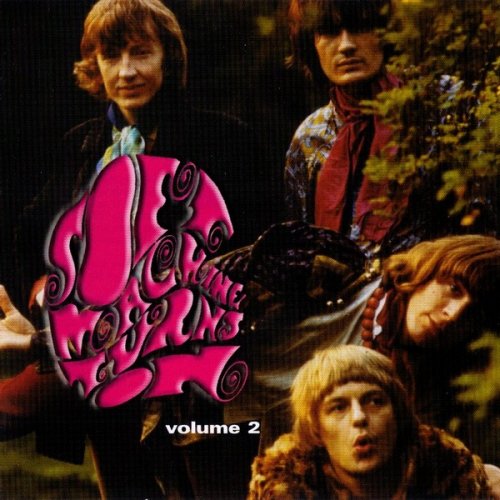
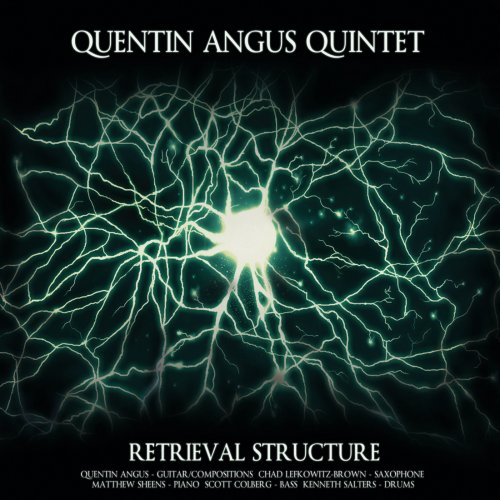
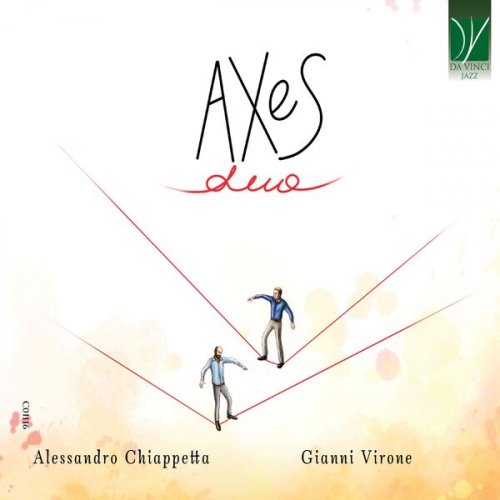
![Arti & Mestieri - D-Brane [Blu-Spec CD] (2025) Arti & Mestieri - D-Brane [Blu-Spec CD] (2025)](https://www.dibpic.com/uploads/posts/2026-02/1770627659_r-35759971-1766638983-3381.jpg)
![Gianluigi Trovesi - Cinque piccole storie (2026) [Hi-Res] Gianluigi Trovesi - Cinque piccole storie (2026) [Hi-Res]](https://img.israbox.com/img/2026-02/06/04dun4qdctri61rqigv8tm2is.jpg)
